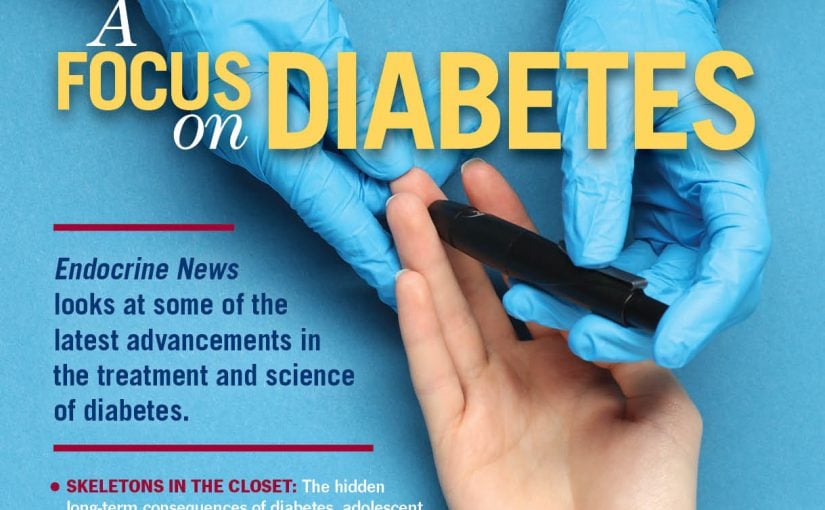A once-weekly injectable suspension has been approved in the U.S. for the treatment of type 2 diabetes. Marketed by AstraZeneca as BYDUREON BCise (exenatide extended-release), it has been shown to to improve glycemic control in pediatric patients (10 to 17 years) as an adjunct to diet and exercise. The approval by the US Food and...
Kids in Lockdown: How COVID-19 Affected Children with Type 1 Diabetes
ENDO 2021 presented a plethora of research detailing how COVID-19 impacted a number of endocrine comorbidities. However, two studies in particular took a closer look at how the virus impacted pediatric patients with type 1 diabetes. Each year, ENDO is something of an “embarrassment of riches” because it consists of four days packed with the...
As with most surgeries, venous thromboembolism is always a potential risk and transgender surgical procedures are no different. A new study published in The Journal of Clinical Endocrinology & Metabolism shows no increased clot risk while maintaining hormone therapy during gender affirming surgery. Transgender medicine continues to grow and evolve – more and more people...
A recent Chinese study published in The Journal of Clinical Endocrinology & Metabolism seems to show that body mass index and waistline measurements do not tell the whole story when determining cardiometabolic risk factors in some ethnic groups. According to the Hormone Health Network, as of January 2020, more than 2 billion adults have obesity...
Endocrine Society Condemns Efforts to Block Access to Medical Care for Transgender Youth
Medical evidence, not politics, should inform treatment decisions The Endocrine Society opposes legislative efforts that do not conform to medical evidence and clinical practice to prevent transgender and gender diverse adolescents from accessing gender-affirming medical care. Arkansas passed a law April 6 prohibiting gender-affirming care for minors, the first law of its kind in the U.S. Seventeen other states...
There were no significant differences in health outcomes for pregnant women who were diagnosed with gestational diabetes or their babies using two different clinically recommended screening methods, according to results from a large-scale clinical trial conducted by Kaiser Permanente researchers and published in The New England Journal of Medicine. Although there is evidence that treating...
High ghrelin levels in healthy females predict more impulsive choices, researchers say Higher levels of the stomach-derived hormone ghrelin, which stimulates appetite, predict a greater preference for smaller immediate monetary rewards over larger delayed financial rewards, according to a new study presented at ENDO 2021. This research presents novel evidence in humans that ghrelin, the...
No Liver Toxicity Seen in TRT Study Data Presented at ENDO 2021
The testosterone replacement therapy (TRT) testosterone undecanoate oral capsules shows no evidence of liver toxicity, according to data from a two-year, multi-center study presented at ENDO 2021. Marketed under the brand name JATENZO® by Clarus Therapeutics, Inc., this oral softgel has been commercially available since February 2020 after a March 2019 approval by the U.S....

